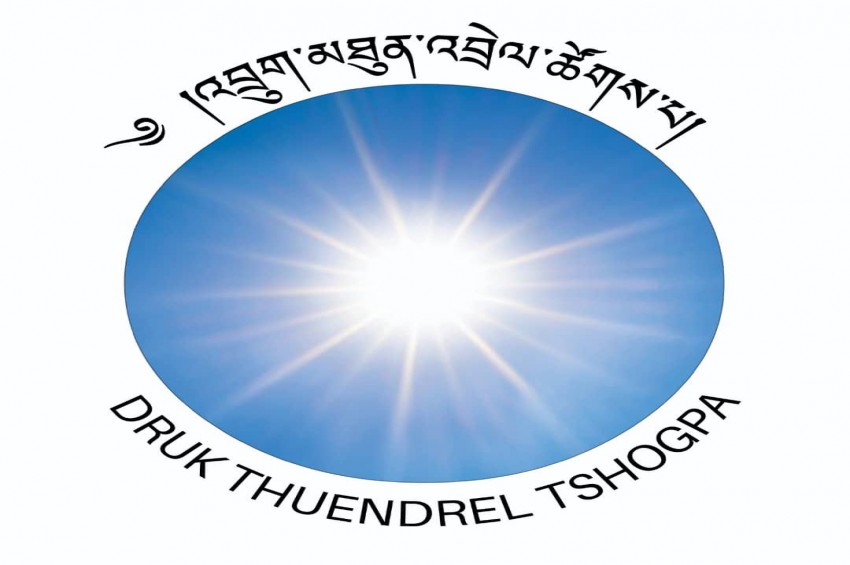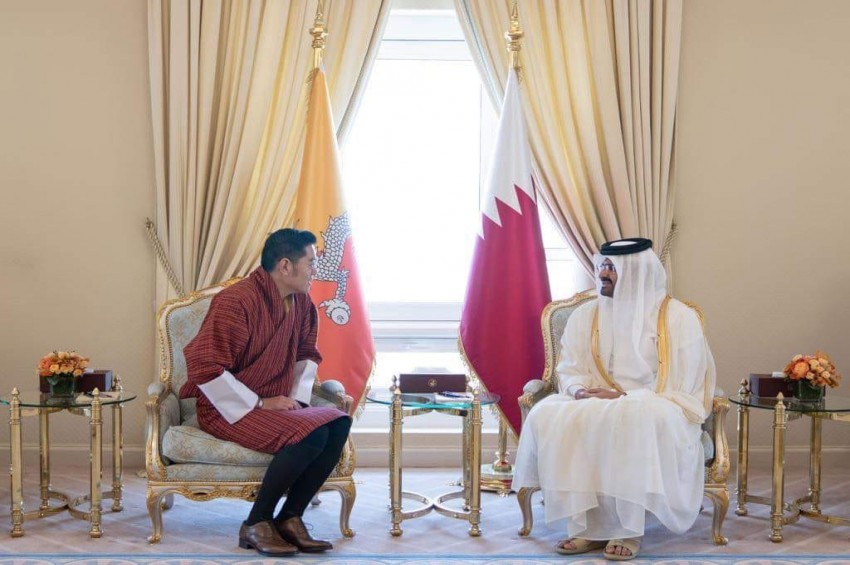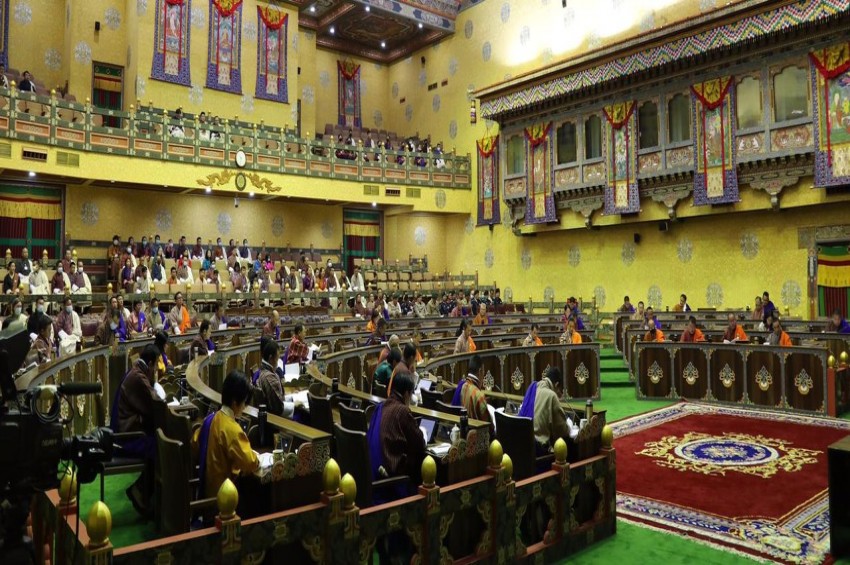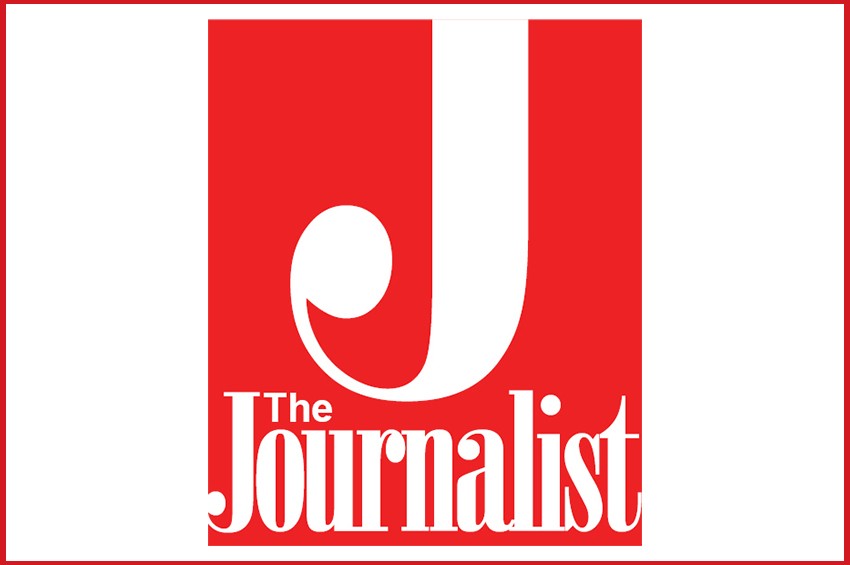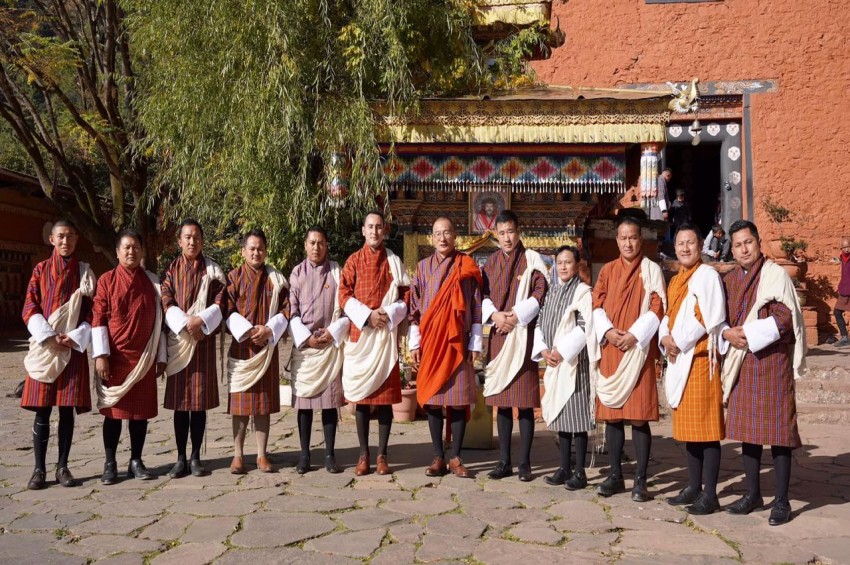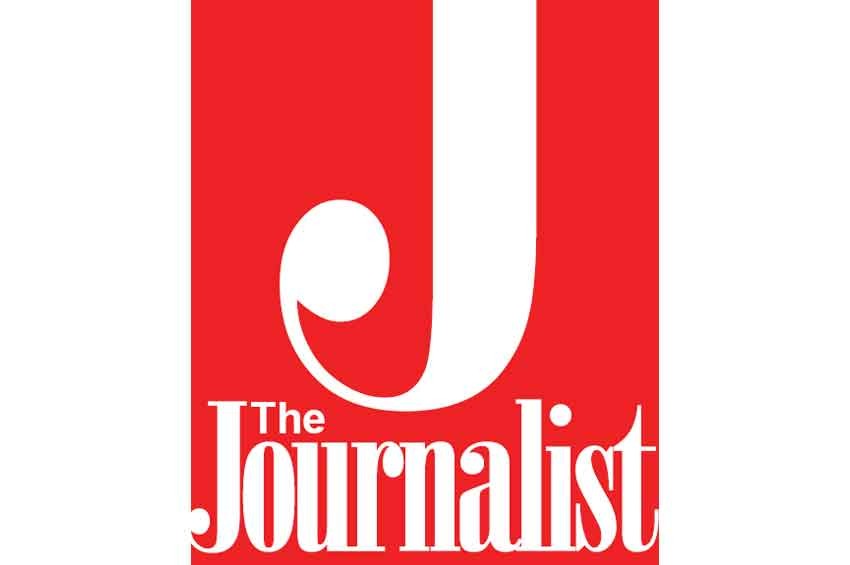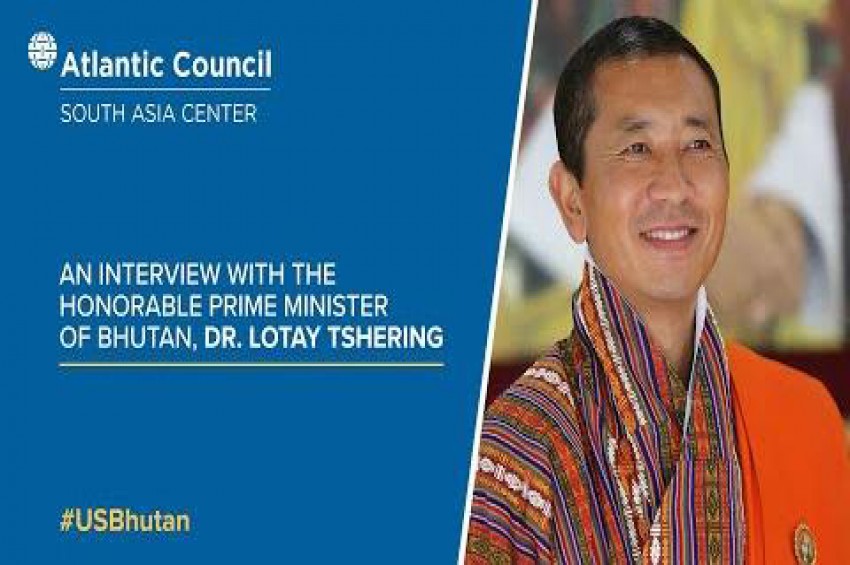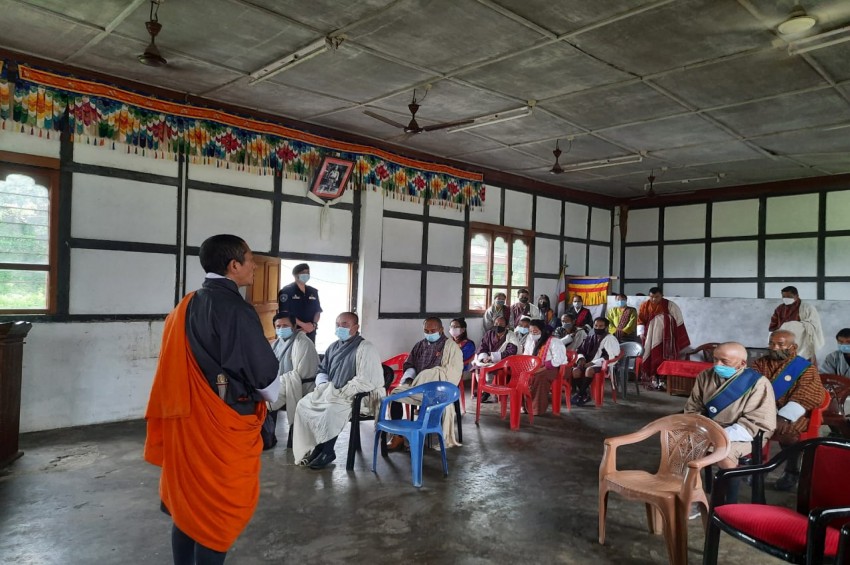Consisting of candidates, with good “attitude,” that include civil servants, national council (NC) members, and former supporters and candidates of other political parties, Druk Thundrel Tshogpa (DTT) is ready and will register with the Election Commission of Bhutan (ECB) within this month. According to Dr. Chenga Tshering, core founder of the party, DTT has currently 33 candidates, while eight more will be joining the party on April 10, 2022. However DTT has candidates from all 47 constituencies and the ones above are those who can be revealed now.
Dr. Chenga further said members, supporters and coordinators from other parties have joined DTT. “That is why the party is called Druk Thundrel Tshogpa, ‘Thundrel’ meaning unity, which is symbolized by the fact that supporters, coordinators and even former members of other political parties have joined DTT,” he said.
While there has been no dearth of candidates, Dr. Chenga said candidate selection has been done very professional and decentralized. “We have guidelines to select candidates. We at the national level have no say in selecting candidates. It is done by the coordinators, which is then brought to the selection committee members,” he said. According to Dr. Chenga, there were seven candidates from Drujegang-Tseza constituency in Dagana, from which one was selected. “So we are not engaged in the rush for candidates,” he said.
“Apart from other qualities, we look at attitudes of the candidates as it is very important. Attitude determine if they are willing to sacrifice for national goals and aspirations and people without good attitude will not do this,” he added.
While words of DTT emerged just last year, Dr Chenga says the work began almost two years back. “We have been looking at why political parties fail to deliver; how parties can best serve the people and what the real needs of the people are. And it is based on these studies that guidelines have been developed for candidate selection,” he said, adding their manifesto will be simple, but firmly grounded on evidence and data collected. This, Dr. Chenga says is what separates DTT from other political parties. “Apart from unity, we are focusing on professionalism and collaboration even in candidate selection,” he said.
On challenges faced, he said it is disheartening to see that people are not coming out voluntarily to participate in the election process directly and indirectly. “It was very difficult to get supporters and coordinators as people do not want to be branded as supporter of one political party, which leads to problems in the communities,” Dr Chenga said, adding they spend a lot of time educating people of the need to participate in the democratic process. He said people’s participation is an essence of democracy and that during the first democratic elections in 2008, His Majesty called for people’s participation in the electoral process. Underling the important of voter education, Dr. Chenga said the Election Commission of Bhutan (ECB) should be more proactive and that the responsibilities of the commission should be a continuous process and not just being active during election periods.
On expenses incurred so far, Dr. Chenga said there are no contributions collected. “Everyone pays for themselves and they do this as the party is not one persons party; it belongs to everyone or in other words, everyone owns the party,” he said.
Concerning chances in 2023, he said the party is not ambitious. “We are giving people a choice. We will present our manifesto, inform the people what we will do if given the opportunity to form the government and tell them to look at our candidates. The final decision will be made by the people,” he said.
Meanwhile, people are excited about the new party. "Firstly, we need choice. Secondly, more parties means that democracy is deepening, which is very important," Anil Rai, a private employee said. He added that if DTT has really done its homework well, it could win and form the government in 2023. "There are several advantages that a new party has," he added.
Tshering Dorji, a resident of Thimphu said an advantage of the new party would be coordinators, if DTT has really got support of coordinators belonging to other parties. "It is time for DTT to declare candidates," he added.
A former journalist who souht anonimity said DTT's chances will depend more on what other parties do or stand. "At this juncture, I see DTT making it through the primary round as one party has become weak and the other has the incumbency load. But, a lot will depend on votes from bigger constituencies," he said, adding voters from eastern Bhutan would determine the outcomes. "The east has supported DPT for long but in the four byelections, DPT lost. It could be voter fatigue and so the probabilities of DPT supporters voting for DTT is high," he said. "
While it is premature to say which political party would win, the Bhutanese electorate has never given a political party two terms to form the government. In 2008, Druk Phuensum Tshogpa (DPT) formed the government, while in 2013, the Peoples’ Democratic Party won. In the 2018 elections, Druk Nyamrup Tshogpa formed the government.
Additionally, there are two rounds of elections held. In the primary round, the two political parties obtaining the first and the second highest number of votes are declared winners to contest in the general round. In other words, even if a party wins from 27 of the 47 constituencies, but does not match the total number of votes won by other two parties, the party fails to qualify for the general round. However, in the general round, it is based on the number of constituencies won and the party winning in the maximum number of constituency forms the government while the other remains as the opposition.
Due to this reason, political parties emphasize a lot on districts with constituencies that have more voters such as Trashigang and Samtse, in the primary round.
Dr. Chenga further said members, supporters and coordinators from other parties have joined DTT. “That is why the party is called Druk Thundrel Tshogpa, ‘Thundrel’ meaning unity, which is symbolized by the fact that supporters, coordinators and even former members of other political parties have joined DTT,” he said.
While there has been no dearth of candidates, Dr. Chenga said candidate selection has been done very professional and decentralized. “We have guidelines to select candidates. We at the national level have no say in selecting candidates. It is done by the coordinators, which is then brought to the selection committee members,” he said. According to Dr. Chenga, there were seven candidates from Drujegang-Tseza constituency in Dagana, from which one was selected. “So we are not engaged in the rush for candidates,” he said.
“Apart from other qualities, we look at attitudes of the candidates as it is very important. Attitude determine if they are willing to sacrifice for national goals and aspirations and people without good attitude will not do this,” he added.
While words of DTT emerged just last year, Dr Chenga says the work began almost two years back. “We have been looking at why political parties fail to deliver; how parties can best serve the people and what the real needs of the people are. And it is based on these studies that guidelines have been developed for candidate selection,” he said, adding their manifesto will be simple, but firmly grounded on evidence and data collected. This, Dr. Chenga says is what separates DTT from other political parties. “Apart from unity, we are focusing on professionalism and collaboration even in candidate selection,” he said.
On challenges faced, he said it is disheartening to see that people are not coming out voluntarily to participate in the election process directly and indirectly. “It was very difficult to get supporters and coordinators as people do not want to be branded as supporter of one political party, which leads to problems in the communities,” Dr Chenga said, adding they spend a lot of time educating people of the need to participate in the democratic process. He said people’s participation is an essence of democracy and that during the first democratic elections in 2008, His Majesty called for people’s participation in the electoral process. Underling the important of voter education, Dr. Chenga said the Election Commission of Bhutan (ECB) should be more proactive and that the responsibilities of the commission should be a continuous process and not just being active during election periods.
On expenses incurred so far, Dr. Chenga said there are no contributions collected. “Everyone pays for themselves and they do this as the party is not one persons party; it belongs to everyone or in other words, everyone owns the party,” he said.
Concerning chances in 2023, he said the party is not ambitious. “We are giving people a choice. We will present our manifesto, inform the people what we will do if given the opportunity to form the government and tell them to look at our candidates. The final decision will be made by the people,” he said.
Meanwhile, people are excited about the new party. "Firstly, we need choice. Secondly, more parties means that democracy is deepening, which is very important," Anil Rai, a private employee said. He added that if DTT has really done its homework well, it could win and form the government in 2023. "There are several advantages that a new party has," he added.
Tshering Dorji, a resident of Thimphu said an advantage of the new party would be coordinators, if DTT has really got support of coordinators belonging to other parties. "It is time for DTT to declare candidates," he added.
A former journalist who souht anonimity said DTT's chances will depend more on what other parties do or stand. "At this juncture, I see DTT making it through the primary round as one party has become weak and the other has the incumbency load. But, a lot will depend on votes from bigger constituencies," he said, adding voters from eastern Bhutan would determine the outcomes. "The east has supported DPT for long but in the four byelections, DPT lost. It could be voter fatigue and so the probabilities of DPT supporters voting for DTT is high," he said. "
While it is premature to say which political party would win, the Bhutanese electorate has never given a political party two terms to form the government. In 2008, Druk Phuensum Tshogpa (DPT) formed the government, while in 2013, the Peoples’ Democratic Party won. In the 2018 elections, Druk Nyamrup Tshogpa formed the government.
Additionally, there are two rounds of elections held. In the primary round, the two political parties obtaining the first and the second highest number of votes are declared winners to contest in the general round. In other words, even if a party wins from 27 of the 47 constituencies, but does not match the total number of votes won by other two parties, the party fails to qualify for the general round. However, in the general round, it is based on the number of constituencies won and the party winning in the maximum number of constituency forms the government while the other remains as the opposition.
Due to this reason, political parties emphasize a lot on districts with constituencies that have more voters such as Trashigang and Samtse, in the primary round.

